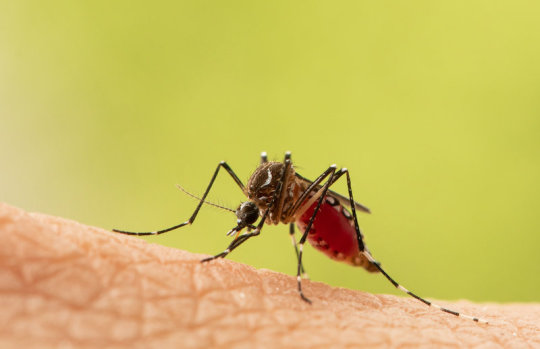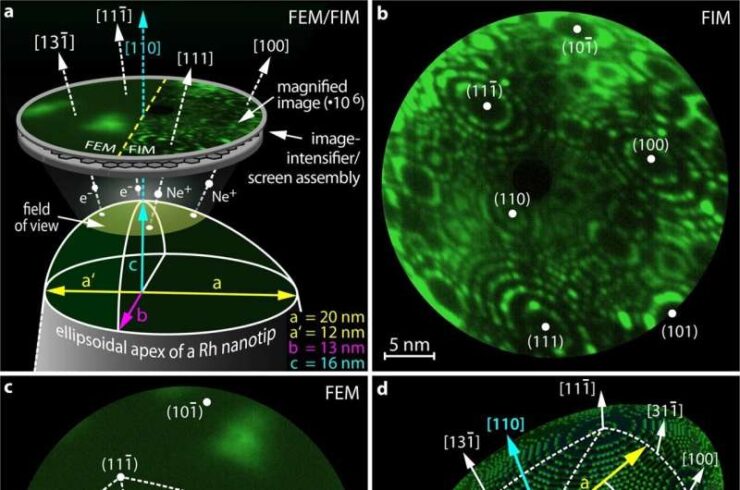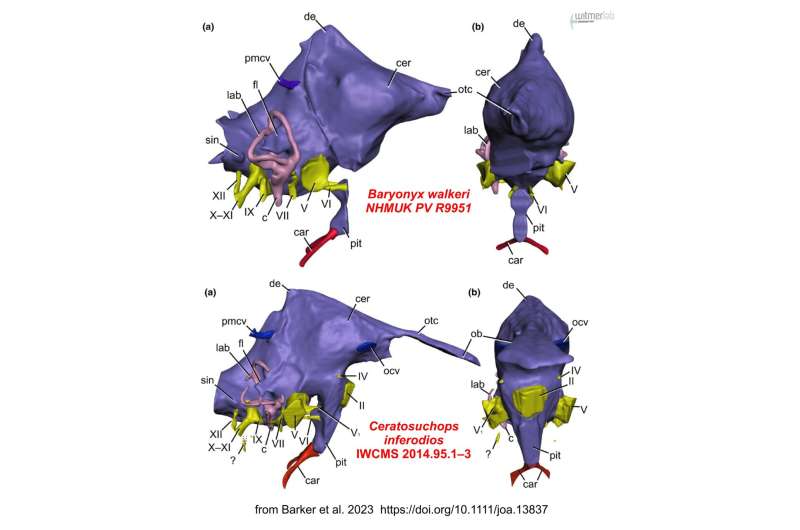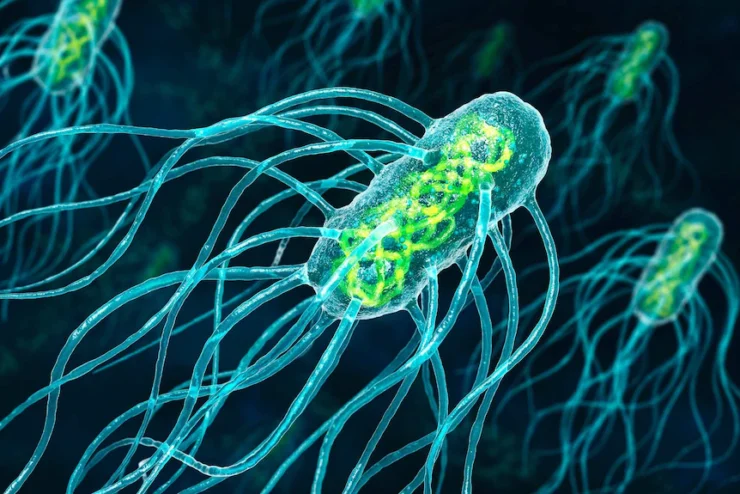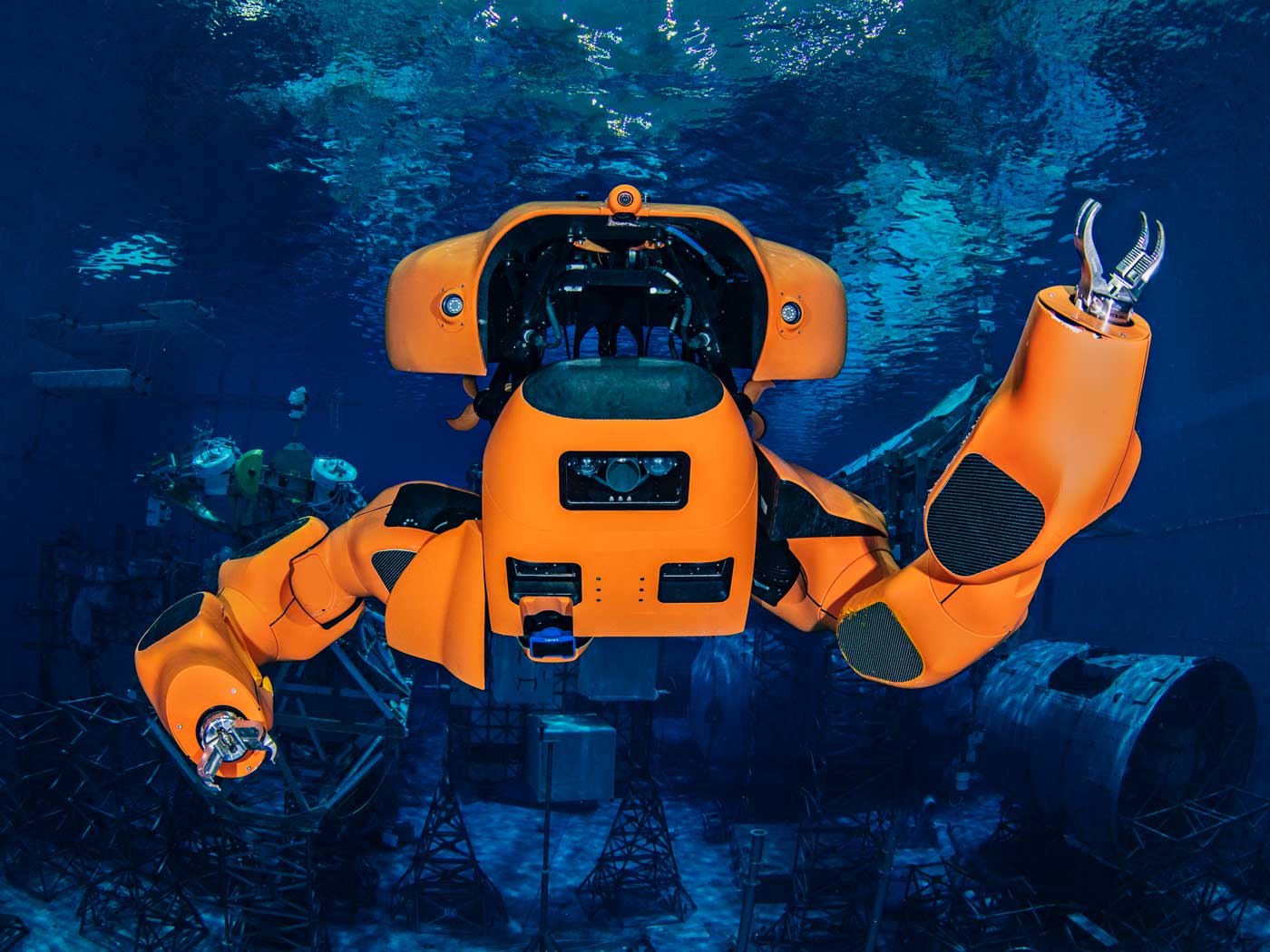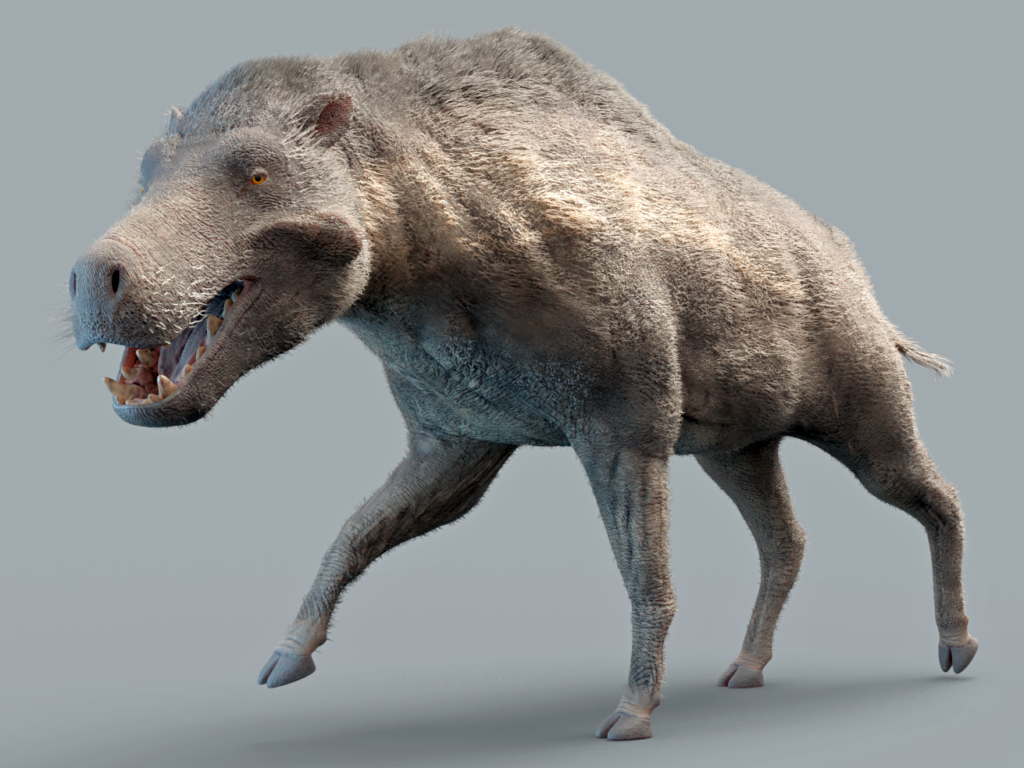Mosquitoes have neuronal fail-safes to make sure they can always smell humans
When female mosquitoes are looking for a human to bite, they smell a unique cocktail of body odors that we emit into the air. These odors then stimulate receptors in the mosquitoes’ antenna. Scientists have tried deleting these receptors in attempts to make humans undetectable to mosquitoes.
当雌蚊寻找要叮咬的人时,它们会闻到一种独特的人体气味混合物,这是我们向空气中散发的气味。这些气味刺激蚊子触角上的感受器。科学家们试图删除这些受体,以使蚊子探测不到人类。
However, even after knocking out an entire family of odor-sensing receptors from the mosquito genome, mosquitoes still find a way to bite us. Now, a group of researchers, publishing in the journal Cell on August 18, found that mosquitoes have evolved redundant fail-safes in their olfactory system that make sure they can always smell our scents.
然而,即使在从蚊子基因组中敲除了整个家族的气味感受器后,蚊子仍然有办法叮咬我们。现在,一组研究人员在8月18日的《细胞》杂志上发表文章称,蚊子的嗅觉系统已经进化出了多余的故障保护机制,以确保它们总能闻到我们的气味。
“Mosquitoes are breaking all of our favorite rules of how animals smell things,” says Margo Herre, a scientist at Rockefeller University and one of the lead authors of the paper.
“蚊子正在打破我们最喜欢的动物嗅觉规则,”洛克菲勒大学的科学家、该论文的主要作者之一马戈·赫雷说。
In most animals, an olfactory neuron is only responsible for detecting one type of odor. “If you’re a human and you lose a single odorant receptor, all of the neurons that express that receptor will lose the ability to smell that smell,” says Leslie Vosshall of the Howard Hughes Medical Institute and a professor at Rockefeller University and the senior author of the paper. But she and her colleagues found that this is not the case in mosquitoes.
在大多数动物中,一个嗅觉神经元只负责探测一种气味。“如果你是一个人,你失去了一个气味感受器,所有表达该感受器的神经元都将失去闻到气味的能力,”霍华德·休斯医学研究所的Leslie Vosshall说,他是洛克菲勒大学的教授,也是这篇论文的资深作者。但她和她的同事们发现,蚊子的情况并非如此。
“You need to work harder to break mosquitoes because getting rid of a single receptor has no effect,” says Vosshall. “Any future attempts to control mosquitoes by repellents or anything else has to take into account how unbreakable their attraction is to us.”
Vosshall说:“你需要更加努力地消灭蚊子,因为去除单一的受体没有任何效果。”“未来任何用驱蚊剂或其他方法控制蚊子的尝试都必须考虑到它们对我们的吸引力是多么牢不可破。”
“This project really started unexpectedly when we were looking at how human odor was encoded in the mosquito brain,” says Meg Younger, a professor at Boston University and one of the lead authors of the paper.
波士顿大学教授、该论文的主要作者之一梅格·扬格说:“当我们研究人类气味在蚊子大脑中是如何被编码时,这个项目的启动确实出人意料。”
They found that neurons stimulated by the human odor 1-octen-3-ol are also stimulated by amines, another type of chemical mosquitoes use to look for humans. This is unusual since according to all existing rules of how animals smell, neurons encode odor with narrow specificity, suggesting that 1-octen-3-ol neurons should not detect amines.
他们发现,受到人类气味1-辛烯-3-醇刺激的神经元也会受到胺的刺激,胺是蚊子用来寻找人类的另一种化学物质。这是不寻常的,因为根据动物嗅觉的所有现有规则,神经元对气味的编码具有狭窄的特异性,这表明1-辛烯-3-醇神经元不应该检测到胺。
“Surprisingly, the neurons for detecting humans through 1-octen-3-ol and amine receptors were not separate populations,” says Younger. This may allow all human-related odors to activate “the human-detecting part” of the mosquito brain even if some of the receptors are lost, acting as a fail-safe.
“令人惊讶的是,通过1-辛烯-3-醇和胺受体检测人类的神经元并不是不同的群体,”扬格说。这可能会使所有与人类有关的气味激活蚊子大脑中的“人类探测部分”,即使有些感受器丢失了,也能起到防故障的作用。
Read more at ScienceDailey.com
更多请阅读科学日常

